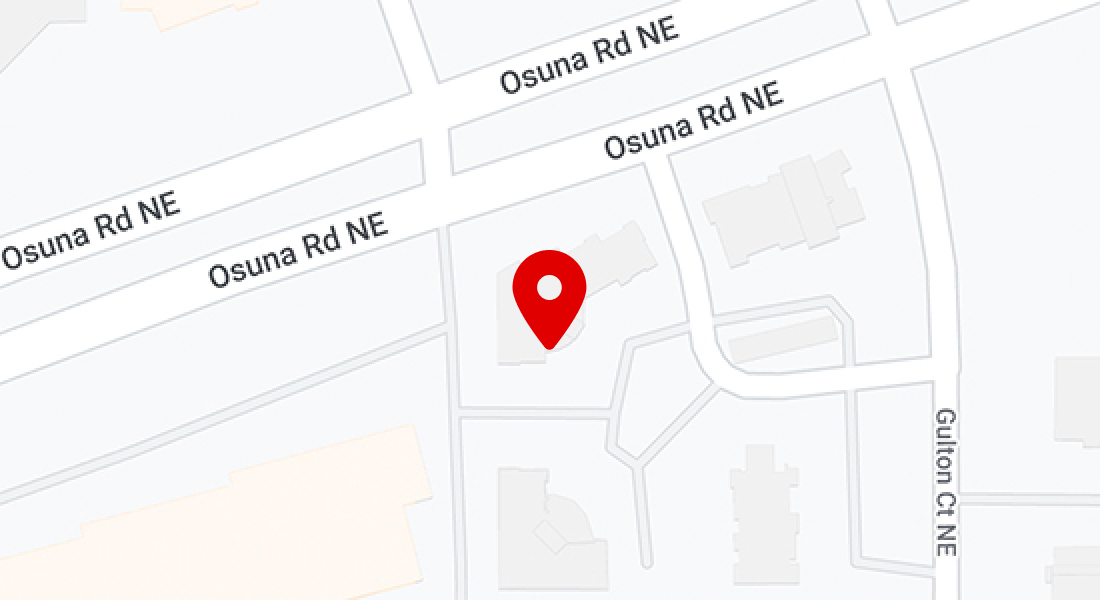- Free Consultation: (505) 242-6267 Tap Here to Call Us
New Mexico Court Dismisses Plaintiff’s Damages Claim for Injuries Caused by Allegedly Defective Work Boots
In a recent personal injury lawsuit, the New Mexico Court of Appeals recently issued a judgment in favor of a large retail store that sold the plaintiff allegedly defective work boots that led to his injury. The issue before the court of appeals concerned whether the plaintiff had provided the defendants with proper notice of his claim, which was a breach of warranty claim brought under the Uniform Commercial Code (UCC). One reason that the plaintiff pursued this type of claim was because it had been over three years since the accident, and the statute of limitations had passed for a tort claim based on negligence. The court here assessed the procedural requirements of notice and the purpose served by providing notice to the defendants in a lawsuit for injuries, specifically injuries resulting from an allegedly defective product.
The plaintiff worked as a tree trimmer and purchased boots from the defendants’ store in October 2003. The packaging label for the boots described them as “men’s work boots” for “light to medium industrial use.” Before purchasing the boots, the plaintiff examined them closely, and he stated he did not notice any defects that would have made them unsafe.
For the next nine months, the plaintiff wore the boots six days a week, six to eight hours a day, during work. In July 2004, while attempting to move a log weighing close to 150 pounds, the unglued sole of his boot caught on debris and caused him to fall backward and drop the log on top of himself. The plaintiff filed a workers’ compensation action that settled in January 2007.
The plaintiff then filed a personal injury complaint against the defendants in September 2007, more than three years after his injury and after the statute of limitations had run. His complaint sought damages for personal injuries due to breach of warranties under New Mexico’s UCC.
The Supreme Court of New Mexico stated that the plaintiff’s cause of action was based on contract and that the UCC four-year statute of limitations applied. The statute of limitations governs breach of warranty cases based on personal injuries. The Supreme Court had sent the case back to the Appeals Court to determine whether the district court had properly granted summary judgment in favor of the defendants.
First, the court stated that the plaintiff’s purchase was a contract for the sale of goods, and the UCC governed. The essence of the plaintiff’s claim was that the plaintiff had the right to receive goods that complied with the express and implied warranties about the product, the work boots. If the boots were not as warranted, the defendants breached the contract, and the plaintiff could recover damages.
In other words, the plaintiff could receive damages as compensation for the defendant failing to provide the plaintiff with work boots that met the warranties that had been made regarding the boots. The appellate court rejected the plaintiff’s contention that his rights and remedies should extend beyond the UCC. The appellate court reiterated that the Supreme Court stated that tort law based on negligence would not apply.
Turning to whether the plaintiff had met the required elements of his causes of action for breach of express and implied warranty, the court examined the statute. To show a breach of warranty, there must be a defect caused by the seller, the buyer must have notified the seller, and the dealer must have failed to make repairs. If an injury results from the breach of warranty, the buyer can recover damages.
Here, the issue was whether the plaintiff’s filing the lawsuit after he discovered the breach should be considered “timely notice,” in accordance with the statute. But the defendants argued that the plaintiff knew of the breach of warranty when he was injured. The appellate court stated that simply filing a complaint within the statute of limitations is not enough, and a plaintiff must also provide notice within a reasonable time from the breach.
The purpose of providing notice allows the seller to correct a defect or minimize the damages. It also protects a seller against stale claims. Whether notice is reasonable involves looking at the obviousness of the defect, the nature of the goods, and potential prejudice from the delay.
The court rejected the plaintiff’s contention that any notice given by a shopper within the UCC statute of limitations should be reasonable. The court made clear that the plaintiff must fulfill the purpose of the sections of the UCC regarding notice. Furthermore, the court stated that since a plaintiff may pursue a strict tort as a theory of recovery, when the plaintiff chooses to litigate under the UCC, he or she must meet those requirements.
While the plaintiff knew his boots were wearing down before his accident, the court stated that he maintained that the defect had not been apparent until he was injured. For three years, the court stated, the plaintiff knew the role his boots had played in the accident. Since the plaintiff’s claim ran past the three-year tort statute of limitations, his only remedy was the UCC and its four-year statute of limitations.
According to the court, since the plaintiff did not present facts showing the reasonableness of his notice, the effect of his delay in providing notice was manifest. The plaintiff lost the packaging to the boots, and the defendants could not be made aware of a defect in the boots that could have been corrected for later buyers. The court stated that the language of the boots’ packaging labels was the basis for the express warranties under which the plaintiff brought his action. A plaintiff must meet his burden to plead adequate notice, and the court made clear that the plaintiff must demonstrate that adequate notice was provided to the defendant. Here, the plaintiff waited over three years and did not meet his burden.
The court stated that the plaintiff’s lawsuit for damages should be dismissed.
As a plaintiff in a personal injury lawsuit, it is critical to meet all procedural deadlines in order to present a strong case for recovering damages for injuries. Skilled injury attorney Matthew Vance represents injured individuals and their families throughout Albuquerque and New Mexico as they pursue compensation from an at-fault person or company. Our office provides a complimentary consultation and can be reached by phone at (505) 242-6267 or through our online form.
More Blog Posts:
New Mexico Appellate Court Holds Statute of Limitations Bars Plaintiff’s Claim Against Unlicensed Builder for Injuries Suffered in Fall from Vacation Home Deck, New Mexico Injury Lawyer Blog, January 19, 2017
To prevent car crashes Albuquerque and New Mexico drivers need to keep to the basics when driving in showy and icy winter weather, New Mexico Injury Lawyer Blog, January 7, 2017











